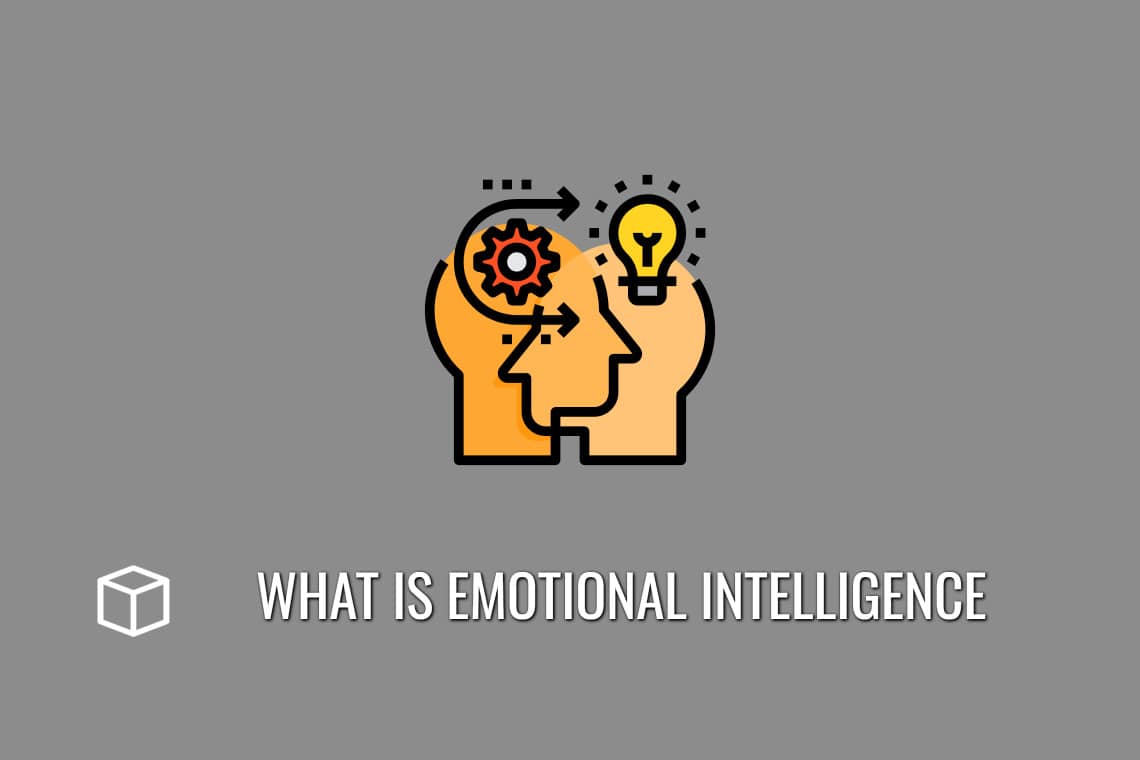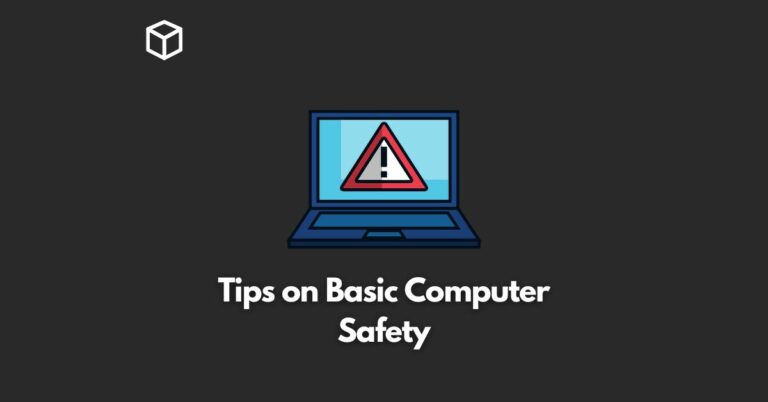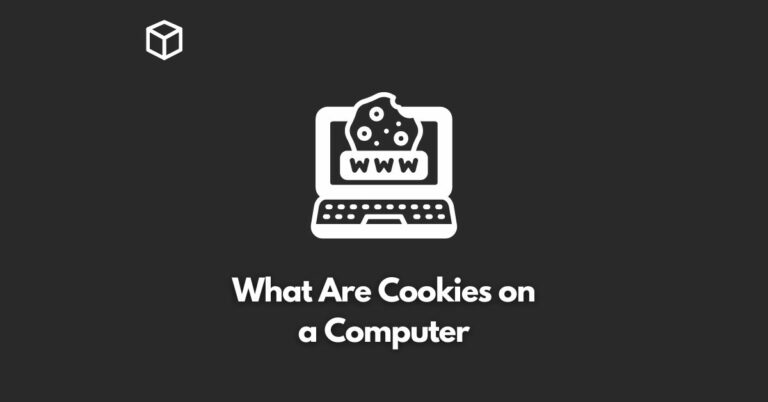Emotion is the feeling or state of mind that is often accompanied by a physical expression. It can be qualified as good or bad, strong or weak, happy or sad. Emotions are associated with one’s subjective experience.
For example: “You’re going to be proud of me”, “I’m feeling great about myself”, and I’m not proud of myself”
What Is Emotional Intelligence
There are a lot of different ways that people define emotional intelligence. The best way to define it would probably depend on the person’s personal definition and the specific context in which they are using it.
A common definition of emotional intelligence is one’s ability to identify, understand, and manage their own emotions as well as those of others.
It is often referred to as the “people skill”, because emotional intelligence plays a huge role in our interactions with other people.
People who have a high level of emotional intelligence are usually good at reading others’ moods, temperament and learning from their mistakes.
They also understand that how they react to a situation depends largely on the context.
Why is Emotional Intelligence important?
Many people mistakenly believe emotional intelligence is something gifted to a person, something they either have or they don’t.
But research tells us it’s not innate. Emotional intelligence can be learned through key brain exercises that work with your nervous system, hypothalamus and amygdala to make friendships smoother and faster -– all the while helping you feel calmer, happier and more connected to yourself.
Working to improve your emotional intelligence can empower you to begin, or continue making a positive difference in the world.
In fact, once you’ve fine-tuned this muscle, managing relationships with family and friends becomes easier.
And as research shows us, that’s not all: Better interactions with others leads to zestier romantic partners who are more sexually active and satisfied with their relationships.
How to Improve Emotional Intelligence
There are many ways in which people can improve their emotional intelligence.
Some of the most common ones are: training in social skills, cognitive-behavioral therapy, meditation and mindfulness.
The effectiveness of such treatments (especially when it comes to anxiety) depends not only on the type of treatment administered but also on the degree to which the person is able to devote themselves to said treatment.
In addition to the above treatment options, there are several strategies that can be used in order to improve emotional intelligence on a daily basis. They usually include: practicing mindfulness, developing your empathy towards others and being less judgmental.
The first step is recognizing your emotions as they arise. Then you can become more aware of them and try to understand what they are. You can give them a name, or even draw them. This process will help you identify the different types of emotions that come to pass throughout your day-to-day life.
The next important part is learning how to regulate those emotions through the use of various coping mechanisms. Some useful tools people have already developed include: meditation, talking to other people about how you feel and writing down your feelings.
To put it simply; the first step is learning how to name your emotions, then you can try to use that knowledge for coping with those emotions in a healthy way.
What are the characteristics of emotional intelligence?
Emotional intelligence is the way in which individuals perceive, identify, assess, and control their own emotions, as well as how they relate to others.
Individuals are encouraged to reflect on their strengths in each of these areas. People who are good at managing the ways in which they emotionally interact with others are seen to have high emotional intelligence.
Particular attention is paid to our understanding of individual motivation. That is when people internalize their decision makers and make decisions by evaluating what will motivate them best for example by thinking about whether positive or negative outcomes feel more desirable long term before making a decision because research shows that people typically prefer instant gratification but when given time to think about it choose delayed less rewarding outcomes higher in the long run.
An individual’s emotional intelligence is a key factor in determining the level of success they will achieve when presented with difficult situations.
Emotionally intelligent individuals are better at dealing with the social side of life and have been found to be more popular in groups due to their ability to understand others thoughts and emotions, which in turn helps them deal with others more effectively.
EQ or emotional quotient is a measure of one’s self-awareness and ability to handle emotions and relationship with others.
It has been found that people who have high EQ tend to be successful in life. High emotionally intelligent individuals are usually good at empathizing, communicating, and relating with other people because they can identify their own thoughts and emotions.
Empathy is the ability to recognize and relate with others feelings, enabling one to work well with people regardless of their status or environment they are in.
This means that emotionally intelligent individuals not only understand their own feelings but can also tell when someone else is feeling something different; this enables them to act accordingly.
Examples of EI in the workplace
Here’s a list of examples of EI in the workplace:
- Applying for a job and being interested in learning about the company to determine if it’s a place you want to work.
- Managing a performance appraisal with honesty and an open mind, while giving constructive feedback.
- Creating an environment where employees feel comfortable coming to you with concerns or problems.
- Handling conflict between two people.
- Answering the phone with a warm and friendly tone of voice.




